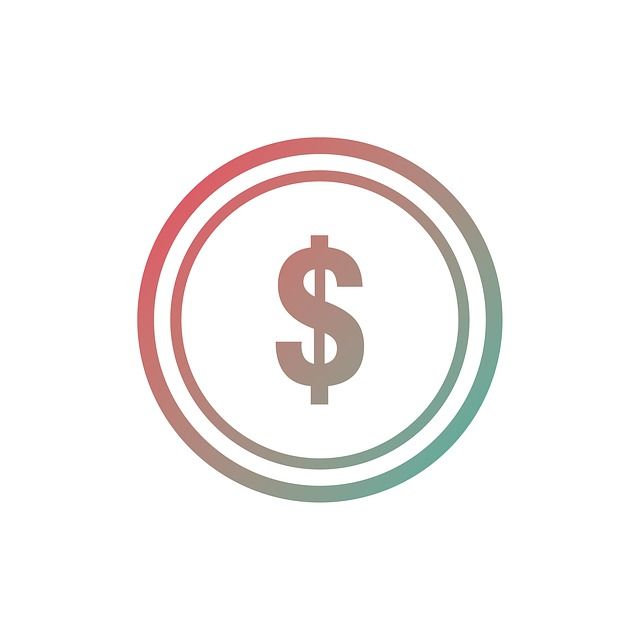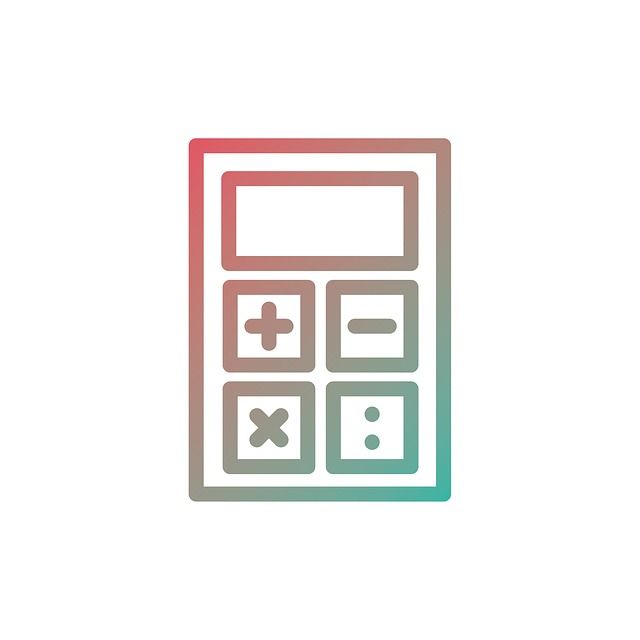Six Year-End Financial Tips
The financial planning process should be ongoing, but these six year-end tips will help ensure you start off 2018 on the right foot.
The end of the year is a particularly hectic time both professionally and personally — between the shopping lists and holiday parties you still have to find time meet with patients and run a successful veterinary practice. But there’s one more important item every veterinarian should add to their to-do lists in December: a year-end financial review.
Although the financial planning process should be ongoing, reviewing the year’s progress is vital to ensuring future success and financial stability. Thankfully, most of these six tips are easy to accomplish and the benefits will last well into 2018.

Don’t wait until tax season to get your records in order. Download and gather all of your financial documents into one file, including IRS forms, tax-deductible receipts and personal income records. You’ll thank yourself in a few months when you need to file taxes, and you’ll set yourself up to receive any possible refunds even sooner.

Even if you exchange emails and phone calls with your financial planner and accountant throughout the year, make it a point to schedule face-to-face meetings to carefully review the details of your file. This includes your current investment allocations, financial portfolio, retirement fund, major purchases you anticipate and any changes in your life that have happened over the previous year. Your financial and tax planners may also have tax-saving suggestions you haven’t taken advantage of yet.

If you have not been keeping track of your charitable donations (monetary or otherwise) or you plan to make more, now is the time do so. December 31 is the deadline for charitable contributions you plan to deduct from your tax return. Donations charged to a credit card before the end of 2017 count for 2017, even if the credit card bill isn’t paid until 2018. Also, checks count for 2017 as long as they are mailed in 2017. It’s also important to note that for contributions — money or property — over $250, you'll need a receipt that includes a description of the item and other pertinent details.

Make sure you check the remaining balances on any flexible spending accounts you have for health care expenses. If you have funds in the account that you know won’t roll over to next year, see if there are appointments you can schedule or purchases you can make, like a new pair of glasses, before the end of the month.

The end of the year is an opportune time to make sure your savings and investments are in line with what you’re saving for (retirement) or major purchases you know are looming (new house, college tuition). It’s also important to evaluate how your personal and professional circumstances might impact your finances. Did you recently get married? Are you planning on switching careers? Did you suffer an unexpected injury? Life is full of uncertainties, but having a clear picture of your finances today will help manage any potential stresses that arise tomorrow.

It’s so easy to hand over your debit card for a quick coffee purchase, and you deserve to splurge on a fancy dinner every now and then. But these small, one-off purchases can add up quickly. By analyzing your monthly income versus expenses over the past year you’ll have a better idea of your spending practices and can identify simple ways to cut back if you need to save more. There are plenty of free apps available — like Mint, Penny and DollarBird — where you can input your daily expenses and recurring transactions to track and plan ahead.